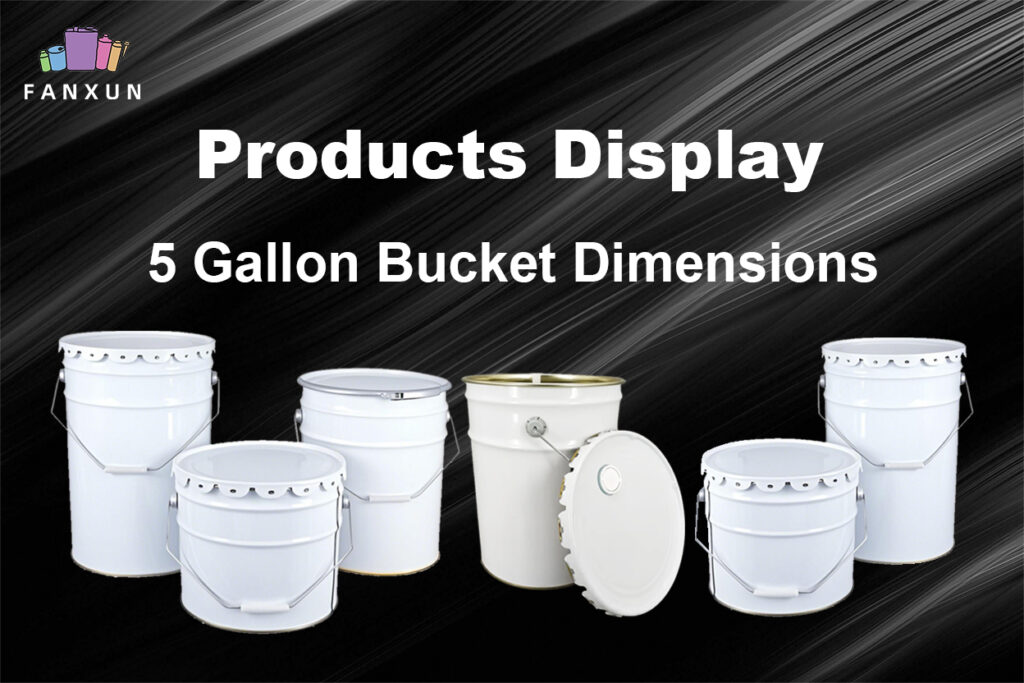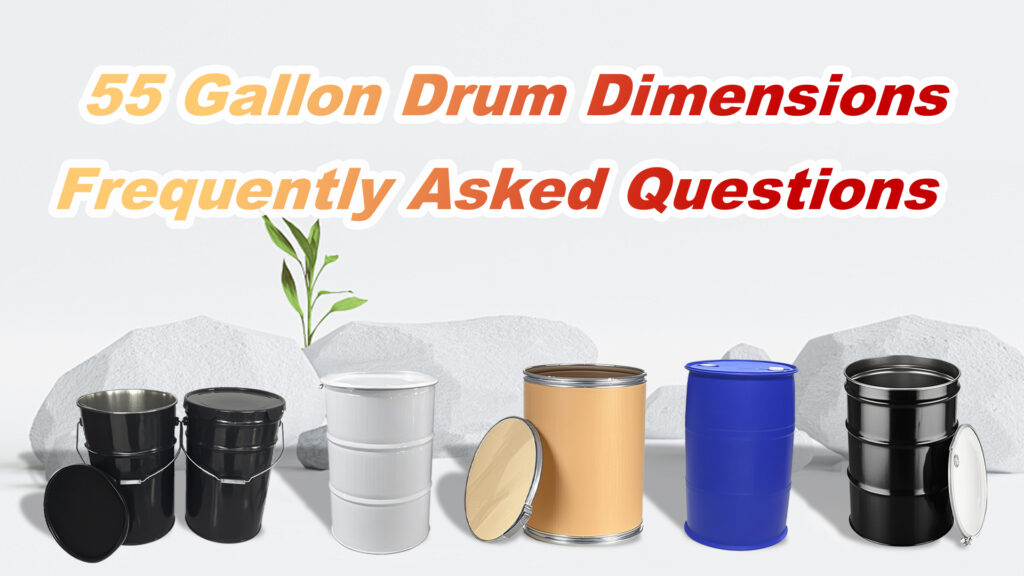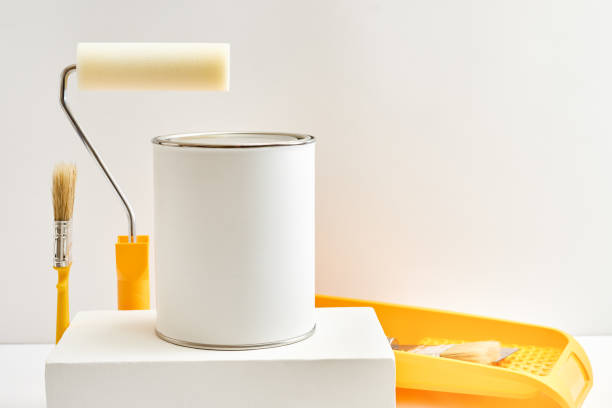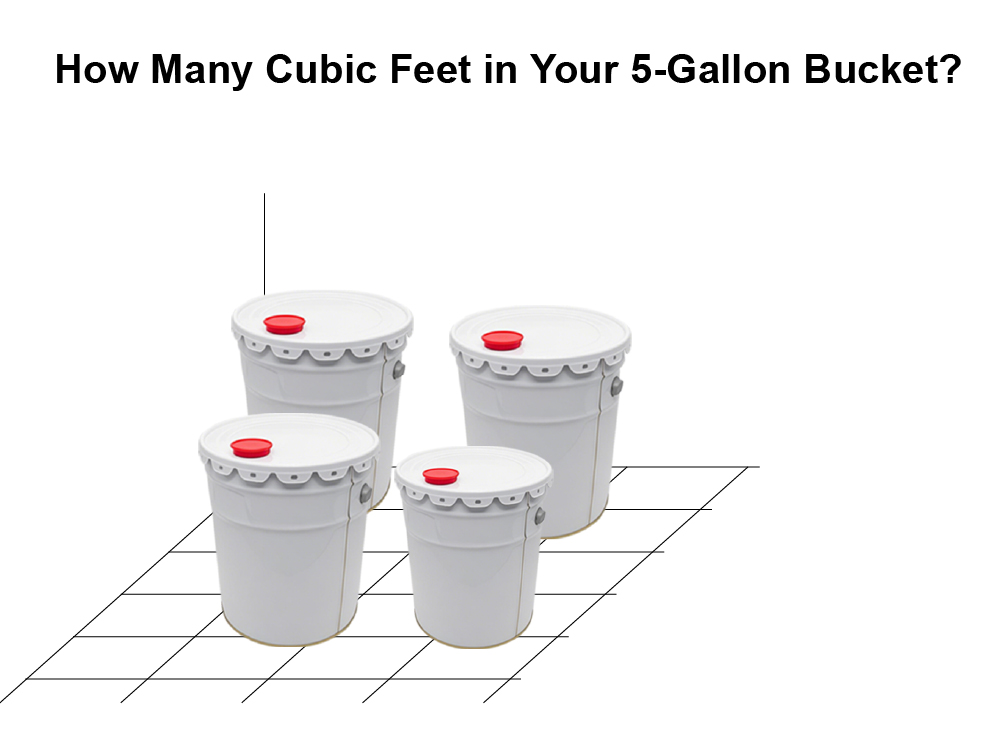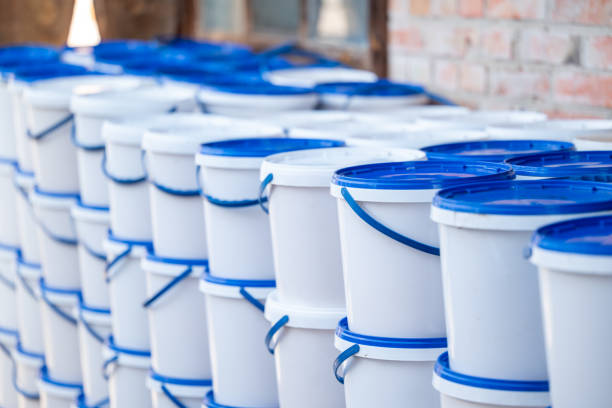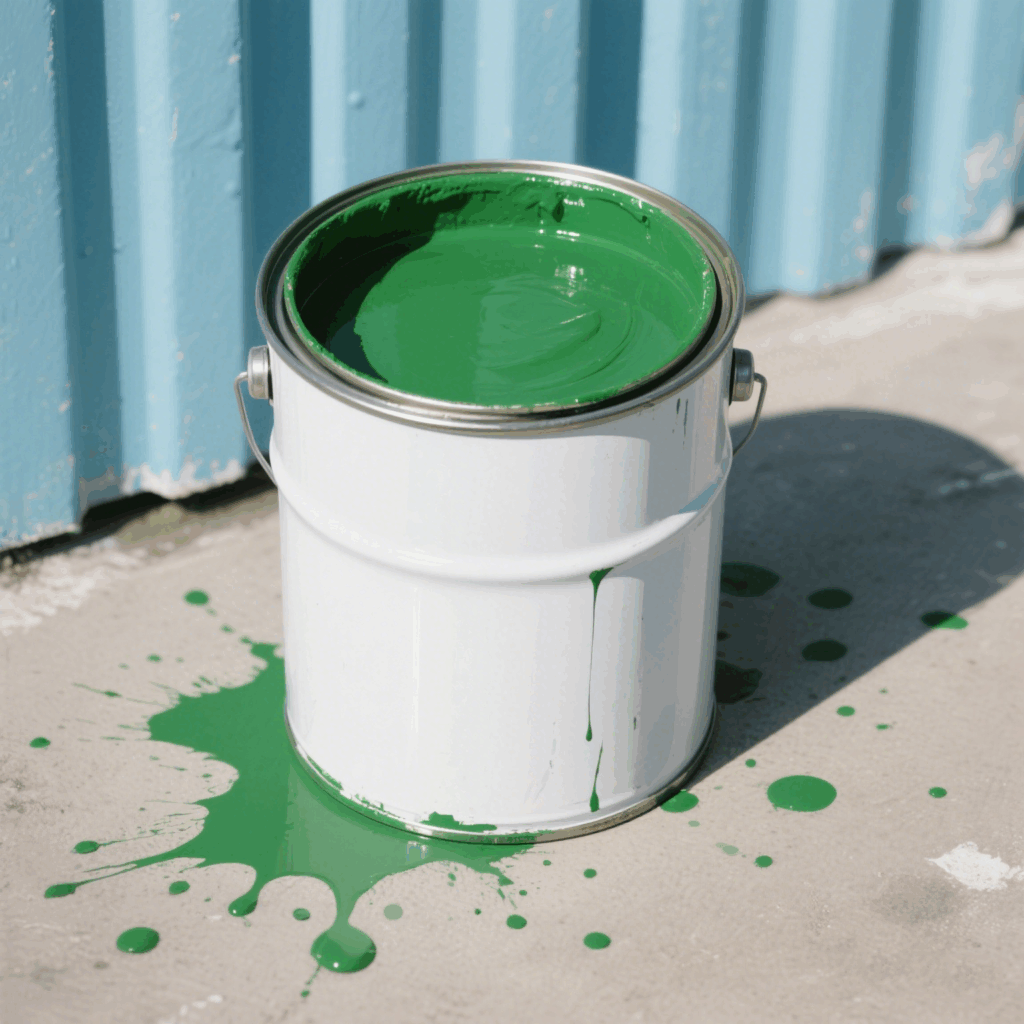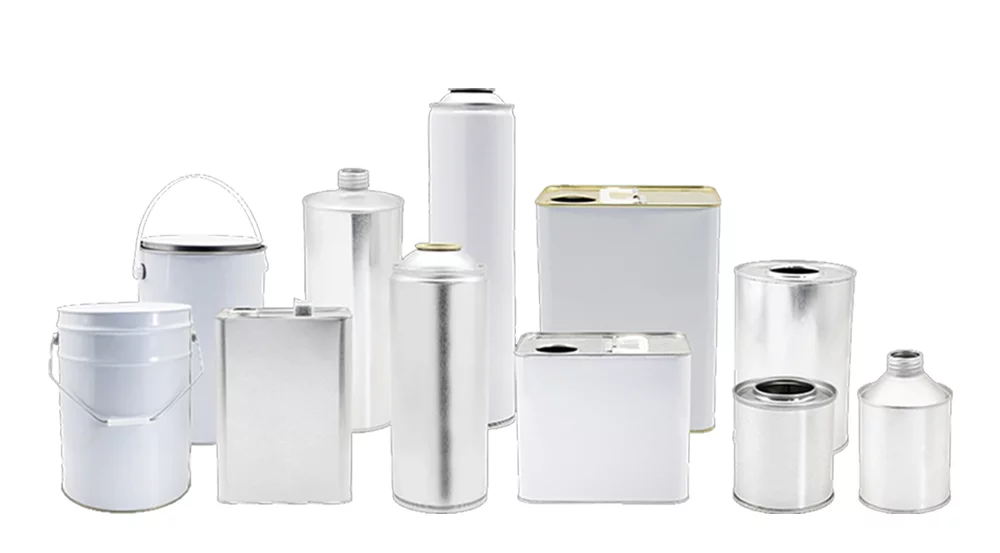If you’re like many DIY car enthusiasts or even just someone doing regular vehicle maintenance, you may have found yourself with leftover or used brake fluid. It’s one of those tricky liquids: not something you want to pour down the drain, toss in the trash, or ignore. So, how do you properly dispose of brake fluid?
In this blog post, I’ll walk you through everything I learned when researching how to get rid of brake fluid the right way. I’ll break it all down so you can avoid fines, prevent environmental damage, and feel good knowing you did it safely.
Why Can’t I Just Pour Brake Fluid Down the Drain?
Let’s get this out of the way: never pour brake fluid down the sink, toilet, storm drain, or on the ground.
Here’s why:
-
Toxicity: Brake fluid is classified as a hazardous material. It’s made of glycol-ether or silicone-based chemicals that can contaminate water sources and soil.
-
Fire Hazard: Brake fluid is flammable.
-
Legal Consequences: Improper disposal can lead to hefty environmental fines in many states and countries.
Step-by-Step: How to Dispose of Brake Fluid Properly
When I looked into disposal options, I found these reliable methods:
1. Take It to a Hazardous Waste Disposal Center
This is the safest and most recommended option.
-
Where to go: Search “hazardous waste disposal near me” or check your local government’s website.
-
What to do: Store the brake fluid in its original, tightly sealed container. If the label is damaged, clearly mark the container.
-
Cost: Usually free for households, but commercial shops may be charged a small fee.
| Location Type | Accepted? | Notes |
|---|---|---|
| Household Hazardous Waste Center | ✅ Yes | Call ahead to confirm |
| Auto Parts Stores (some) | ⚠️ Sometimes | Ask if they accept brake fluid |
| Landfill or Recycling Center | ❌ No | Not allowed for hazardous liquids |
2. Contact Local Auto Shops or Mechanics
Some garages or repair shops collect used brake fluid and include it in their regular waste disposal services. This is more common in cities or areas with environmental programs.
Pro Tip: Call ahead. Not all shops will accept it, but many appreciate that you’re trying to dispose of it responsibly.
3. Dry It Out (For Very Small Amounts Only)
If you’re only dealing with a tiny bit (a few tablespoons or so), you can let it air-dry in a well-ventilated area away from children, pets, and flames. Use a disposable tray with an absorbent material like:
-
Kitty litter
-
Sand
-
Paper towels
Once it dries completely, you can wrap it in a plastic bag and throw it in the trash. Again: only for very small quantities.
Can Brake Fluid Be Recycled?
Used brake fluid cannot be recycled like motor oil, but unused or uncontaminated brake fluid can sometimes be reconditioned by specialized recyclers.
If it’s unopened and still good, you might also consider:
-
Giving it to a friend who works on cars
-
Donating to a school auto shop program
How Do I Store Brake Fluid Before Disposal?
Until you’re ready to take it in:
-
Keep it in the original container if possible
-
Make sure the lid is tightly sealed
-
Label the container clearly if original label is missing
-
Store it in a cool, dry place away from kids, pets, and flames
What Not to Do
Here’s a quick list of DON’Ts based on what I’ve learned:
| Action | Safe? | Why Not? |
|---|---|---|
| Pour down the drain | ❌ | Harms water systems |
| Toss in trash (liquid form) | ❌ | Illegal and flammable |
| Mix with other fluids | ❌ | Dangerous chemical reactions |
| Burn it | ❌ | Creates toxic fumes |
Frequently Asked Questions (FAQs)
Q: Can I mix brake fluid with motor oil for disposal?
A: No. While motor oil can be recycled, brake fluid is a different chemical and can contaminate the oil batch.
Q: Is it illegal to throw away brake fluid in regular trash?
A: Yes, in most regions. It’s considered hazardous waste and must be handled through proper channels.
Q: Can I dump brake fluid on the ground in the woods or behind my house?
A: Absolutely not. It can contaminate groundwater, kill plants, and harm wildlife. It’s also illegal.
Q: My brake fluid is really old—can I still use it?
A: Probably not. Brake fluid absorbs moisture over time and loses effectiveness. It’s best to dispose of it and buy fresh fluid.
Q: How do I know if a disposal center accepts brake fluid?
A: Check their website or call ahead. Many will list accepted materials online.
Final Thoughts
Disposing of brake fluid properly isn’t just about following the law—it’s about protecting your health, your community, and the environment. Once I knew the risks and legal concerns, I didn’t want to take shortcuts. It turns out, it’s easier than you’d think if you just call your local hazardous waste center or mechanic.
Make the right choice—and help others do the same by sharing this post if you found it useful!















